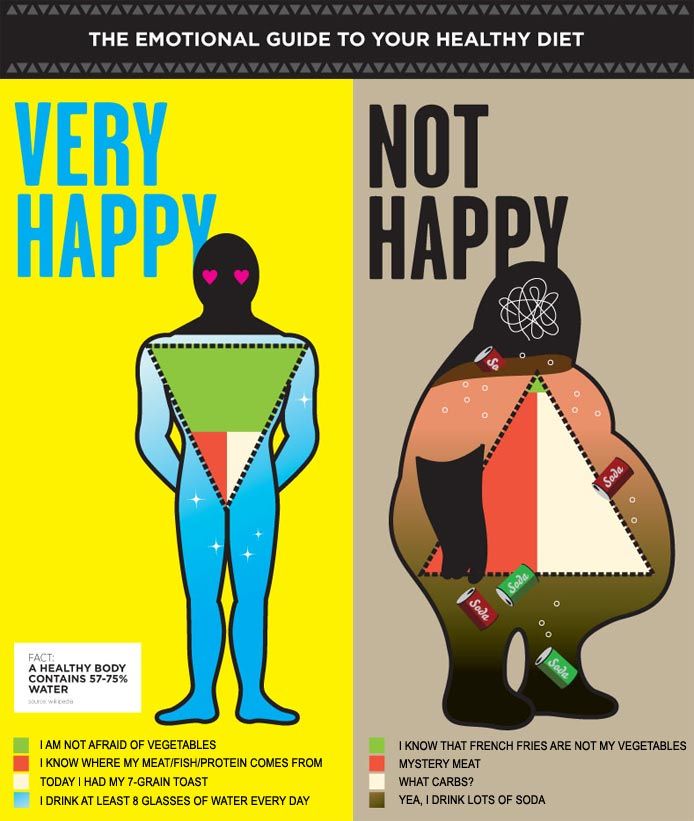University of Toronto nutritional scientists are leading a study with national experts calling on the Canadian government to outlaw junk food marketing to children, impose stricter limits on unhealthy nutrients added to foods, and impose a “sugary drink tax.”
Professor Mary L’Abbé, chair of the Department of Nutritional Sciences and Banting postdoctoral fellow Lana Vanderlee, made the recommendations in a newly released report, called the Food-EPI Study, funded by the Canadian Institutes of Health Research. In it, they examined Canada’s progress on obesity-curbing measures compared with other countries.

They found that Canada performed well on some important measures, such as political leadership to support healthy eating, and transparency in developing food policies (which if secretive can lead to undue influence by the food industry). (My emphasis.)
For some important areas where Canada trails its peers, Health Canada has recently announced new policies to address these issues. However, the authors say Canada still has work to do: there are a number of areas where there are almost no policies or programs at any level of government.
Despite the good news, there were notable disparities between provinces, with Quebec having the most progressive food policies, including a restriction of junk-food marketing to children, and some other provinces failing to do as much to protect residents. Even the foods and drinks that can be sold in schools varied across provinces and territories. Overall, Ontario fared roughly in the middle of the pack.
“Even if we’re meeting best practices in some areas, we shouldn’t get complacent,” says Vanderlee. “Canada doesn’t have taxes on unhealthy foods, such as sugary drinks, even though the evidence from other countries suggests these work. If we don’t move on this front, we’re going to fall behind.”
Mexico, which has some of the world’s highest child obesity rates, is seeing success with a soda tax, and other countries are following suit, she says. The UK is on the verge of implementing such a tax, and South Africa just announced one.
“Most of the evidence indicates that sugary drinks are among the biggest contributors to sugar consumption and play an important role in weight gain,” she says. “You don’t get as full when you’re drinking your calories and it’s easy to consume a lot of sugar in a short time.” (My emphasis.) Continue reading →






















